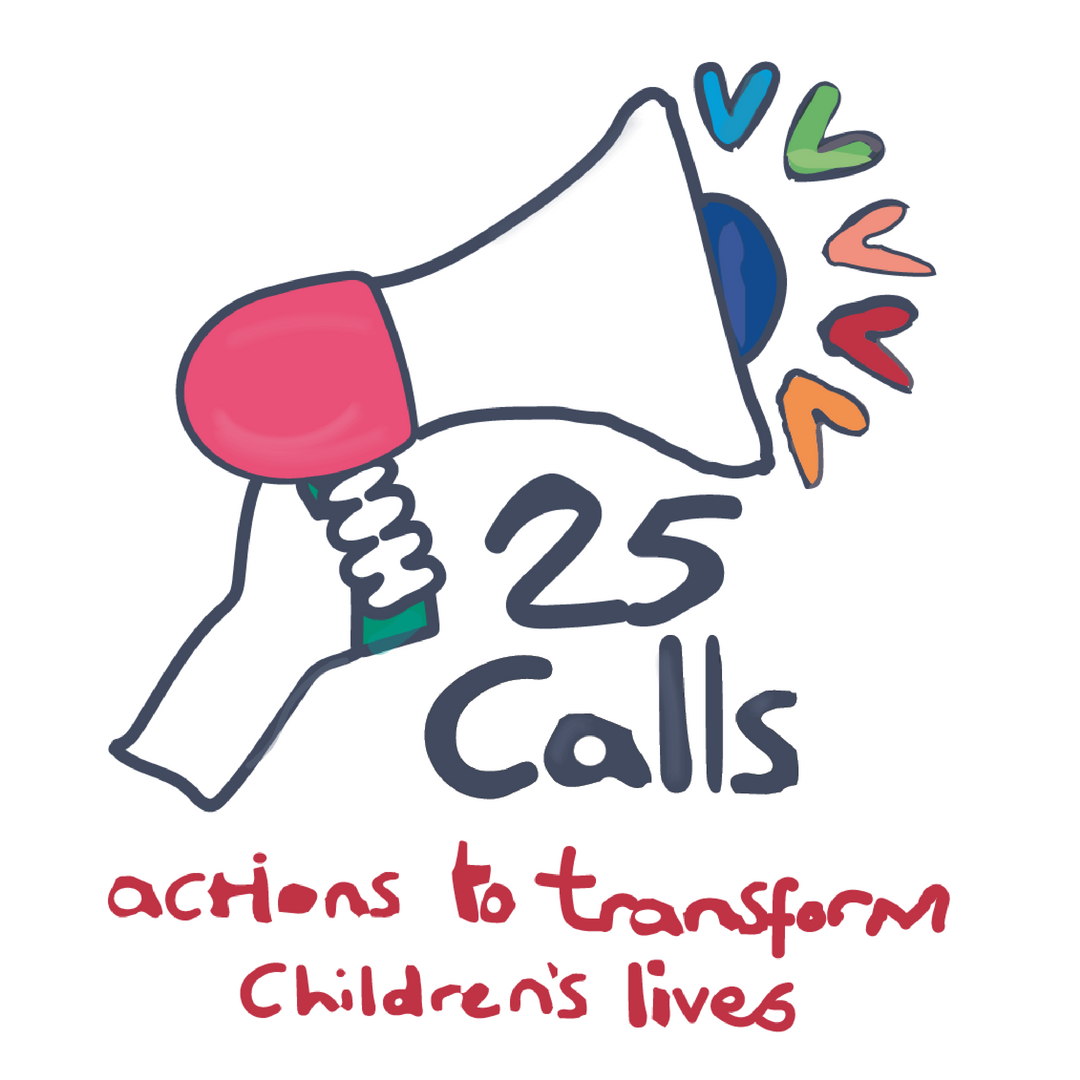“There is so much more bullying in schools in more unequal societies. But why?”
12 December 2018
As part of our 25 Calls campaign we spoke to Professor Richard Wilkinson, co-author of the groundbreaking book The Spirit Level and its 2018 follow-up The Inner Level. In part three of our interview, he discusses the effect inequality has on cultures of bullying, and the importance of positive social relationships for bolstering emotional and physical health
Children in Scotland: There’s evidence that in schools where the young people have been allowed to lead on the anti-bullying strategies, and there’s very strong effective leadership from the Head, and a values-driven culture in the school, that there’s less bullying. Do you feel there are examples like this we should pursue and highlight which could counteract what you’re describing?
Richard Wilkinson: Well, I do think first it’s very clear from several studies that there is enormously more bullying in schools in more unequal societies. There’s a close relationship between inequality and the frequency of bullying. There’s 10 or 12 times as much bullying in schools in more unequal societies [Elgar FJ. et al. School bullying, homicide and income inequality. International Journal of Public Health 58, 237-245, 2013]. But I do think you can protect children from it by creating a different social environment in the school where children then learn to adopt other strategies which are less damaging, and cause less misery and conflict. But if you think of monkey dominance hierarchies, they are bullying hierarchies – bullying behaviour is about ranking, not necessarily by money but by any means possible to put other people down to build yourself up, and to use whatever strategy seems appropriate in the setting.
CiS: What ways do you think we have to counteract the stress caused by social comparison before we’re able to produce the mass movement that you were talking about? One could argue that the popularity of mindfulness for example, which is basically a repackaging of meditation, might account for more and more people looking for ways of escaping that kind of stress.
RW: Well, we wrote our most recent book, The Inner Level, partly because I think how people are most intimately affected by inequality is through the way it increases all those self-doubts and anxieties, that sense of awkwardness in social meetings, our worries about how you’re seen and judged. And, of course, they serve to separate us from each other. Because it makes social contact more stressful, we withdraw from it.
But as studies of health and happiness show, to be able to enjoy good quality social relationships and to be involved with friends, family and community is essential to human wellbeing. The quality of social relationships, people’s involvement with each other, has been shown repeatedly to be crucial determinants of both health and happiness.
I think an important first step is maybe to start admitting to each other that we all have those social anxieties, so they cease to be so divisive, hidden like a guilty secret, and become something shared. Most people treat their social anxieties as if they were a private psychological weakness. Rather than show weakness, we put up a pretence that we’re confident and don’t have these self-doubts. Maybe we could get nearer a social movement with deeper roots by overcoming the divisiveness of those anxieties and realising that we all share them. But that needs to be coupled with a recognition of the things like inequality that increase these problems. Only then will we be able to act together really effectively. Rather than things like Facebook being used as a narcissistic self-presentation, I hope we’ll get a new trend in Facebook where people are open about how stressful and difficult life can be. We must learn to see through the smiling faces saying that life is wonderful which we put on. We need to share the reality and start to get to grips with it.
To recognise that whether we go in for narcissistically bigging ourselves up or whether we withdraw from social life and become depressed, both are responses to the same kind of anxieties about how we are seen and judged. We must recognise that that’s part of our common humanity that should unite us rather than separate us, and can be reduced by reducing inequality.
CiS: Research seems to suggest that young women’s mental health becomes poorer in many cases in teenage years. Do you think that’s about social comparison at that point in their lives becoming intensified?
RW: Yes I think it’s that social comparisons become more acute in your teens. For teenagers, whether or not you have a boyfriend or girlfriend becomes a real influence on self-esteem. For some it’s absolutely central to self-esteem. The breakup of a relationship is pretty appalling for anyone, but for many people, particularly young people, their whole sense of self-worth is dependent on feeling appreciated by a partner. So much is focused on that that, it puts a huge burden on those relationships, and shows the need for other sources of esteem to do with feeling more confident about how one’s seen and judged and one’s abilities.
CiS: How would you explain the concept of social capital to an audience who don’t know about it?
RW: The concept of social capital involves social connections. Whether people are able to come together as a community and do things together in our common interest, or whether the public arena is something to be exploited for your own benefit. It includes involvement in community life, neighbourliness, public-spiritedness, a sense of public service, all those things. But that embeddedness in community life with each other, with social purposes, is enormously beneficial to us as individuals. A society that is really atomised, in which we have so little to do with each other, is damaging to us. We no longer get that sense of self-worth, of self-realisation, through our activity and relation to others. But you see so clearly in the data that each step rise in inequality leads to lower levels of trust, weaker community life. There are even studies that show that people are less willing to help each other in more unequal societies, less willing to help the elderly, the disabled, and so on. And of course you also get the very well established rises in violence, as measured by homicide rates, that go with greater inequality.
Moving from societies where there is a good deal of reciprocity and people are willing to help each other, through to societies in which trust breaks down, community life weakens and violence increases, represents the continuum from a good society to an antisocial, atomised kind of society. And if you look at the most unequal societies like South Africa or Mexico where income differences are much bigger than in societies like the United States or Britain you see that people are actually afraid of each other. There are bars on windows and doors, razor wire around people’s yards and so on. They are more likely to have a gun culture, because you feel you have to defend yourself. Research even shows that the proportion of the labour force involved in what is called guard labour – security staff, police, prison staff – goes up with inequality because those are the people who we use to protect ourselves from each other. It’s just an appalling picture of how fundamentally destructive inequality is of the social relationships which we are all psychologically dependant on.
Click here to read part one of the interview
Click here to read part two of the interview
Click here to read part four of the interview
Richard Wilkinson is Professor Emeritus of Social Epidemiology at the University of Nottingham, Honorary Professor of Epidemiology and Public Health at University College London and Visiting Professor at University of York. He co-founded The Equality Trust with Kate Pickett.
The Inner Level is published by Penguin.
Interview by Chris Small. Edited by Morgaine Das Varma.

About the interviewee
Co-author of 'The Spirit Level', Richard Wilkinson is a world renowned expert on inequality
Click to find out more
Read part 1 of the intrerview
"To challenge inequality, we need a mass movement"
Click here to read the Q&ARead part 2 of the interview
"We use social media more antisocially than we would in an egalitarian society”
Click to read the Q&A